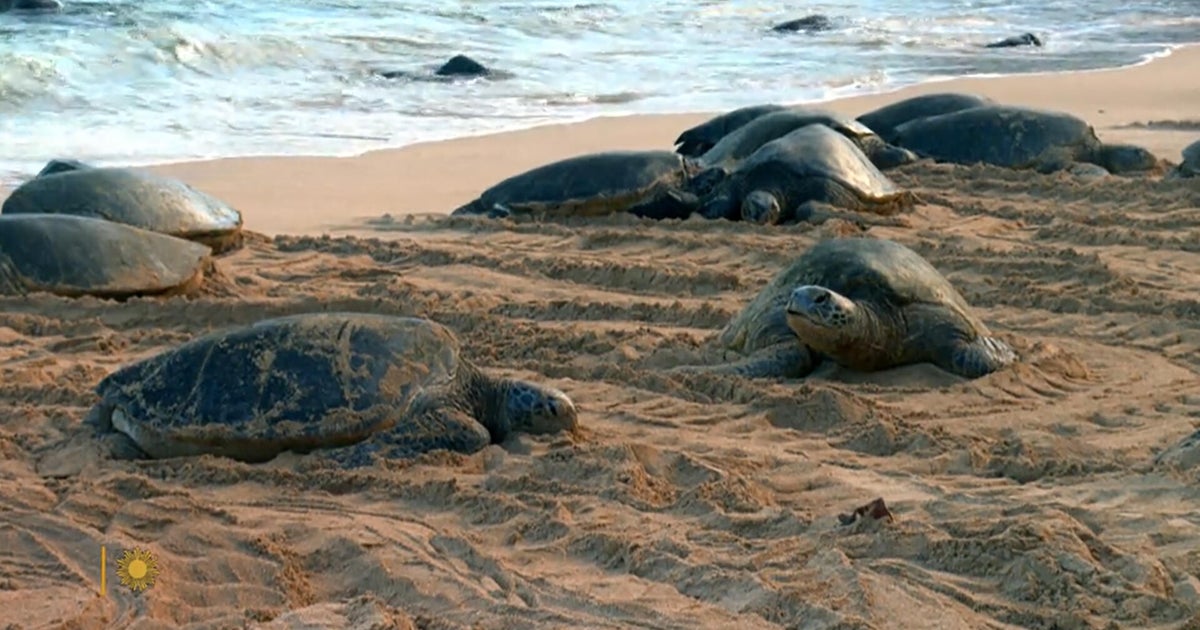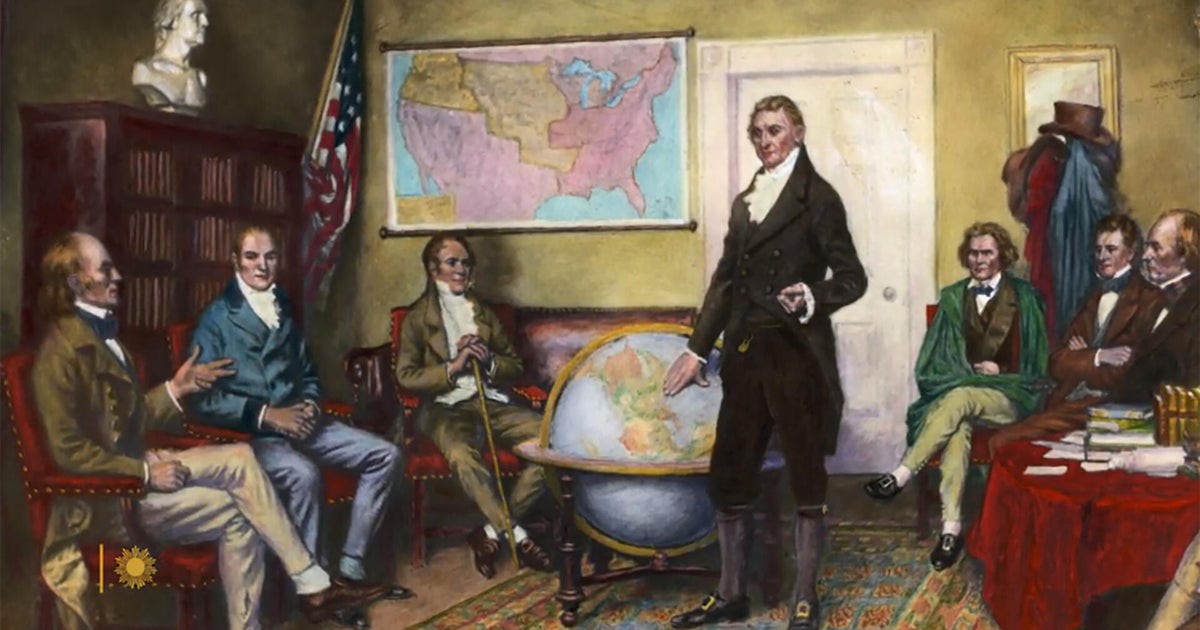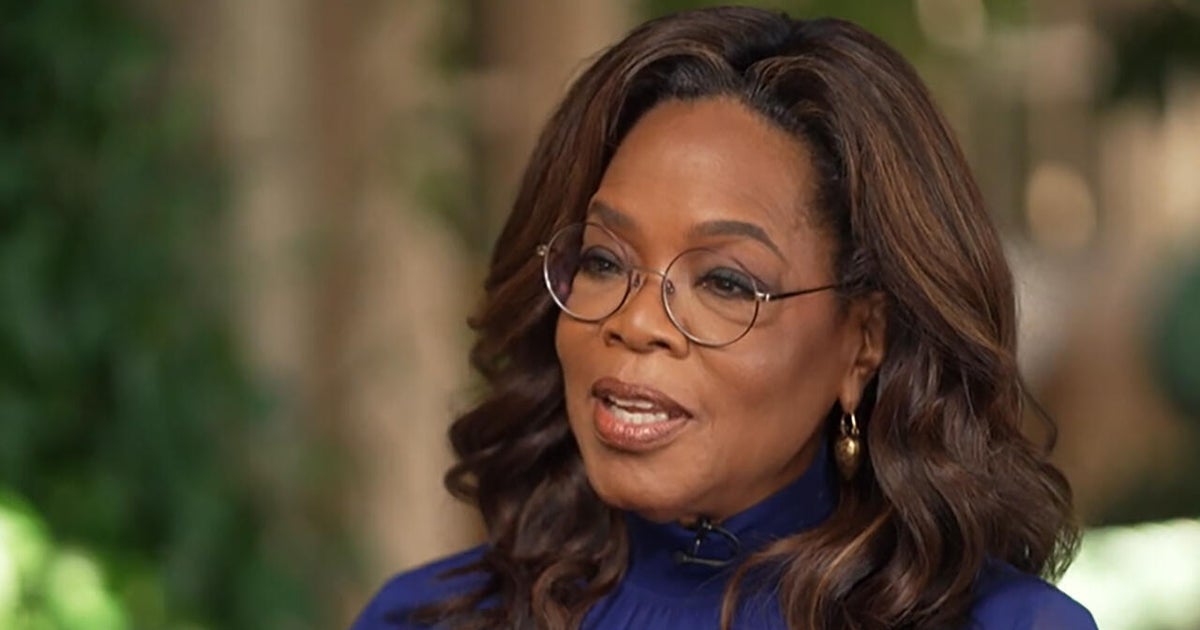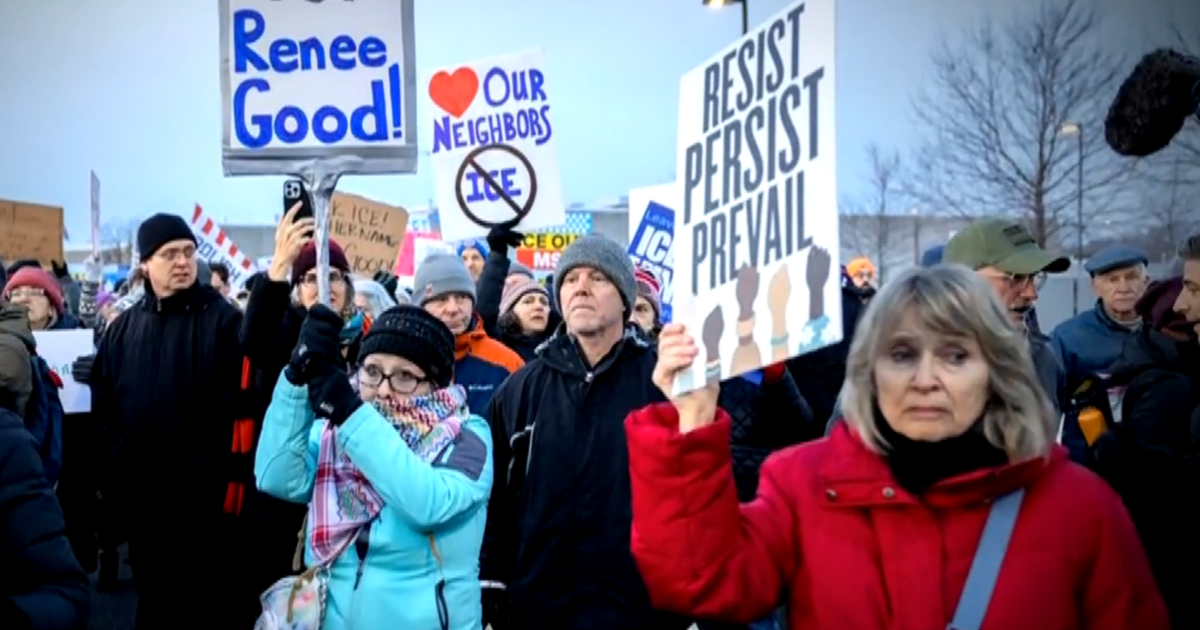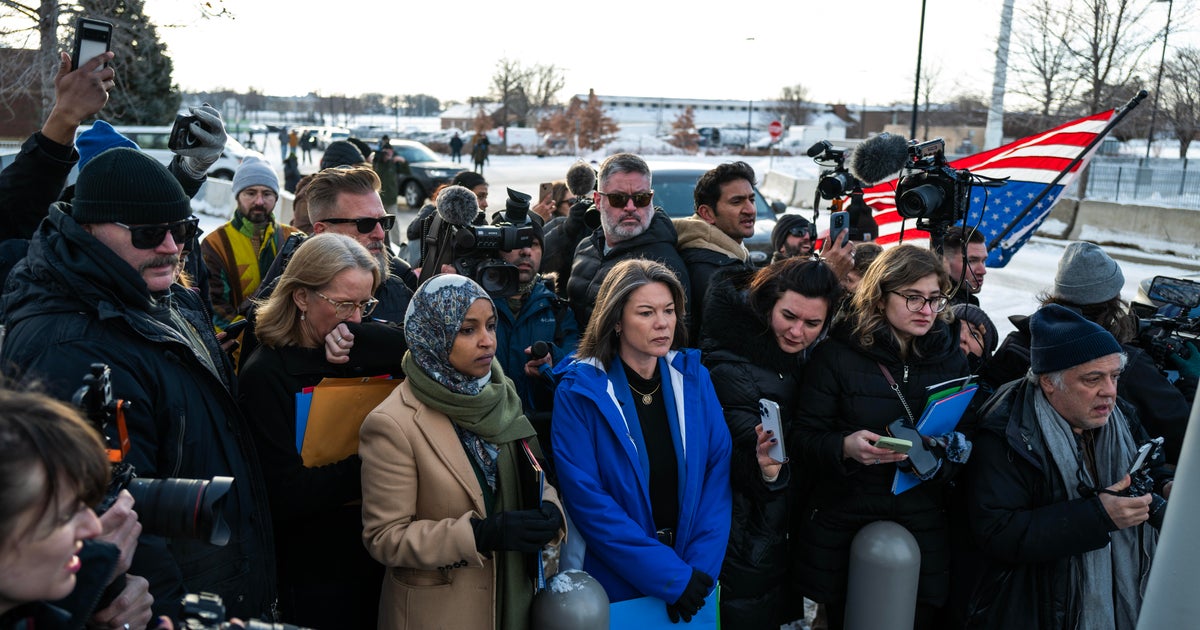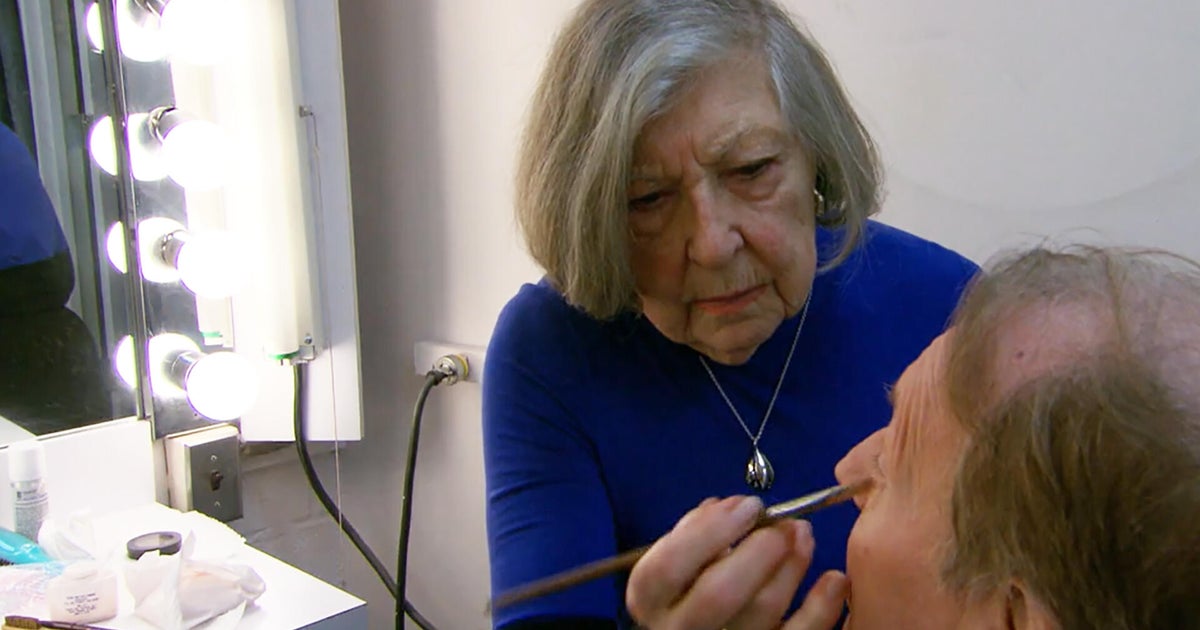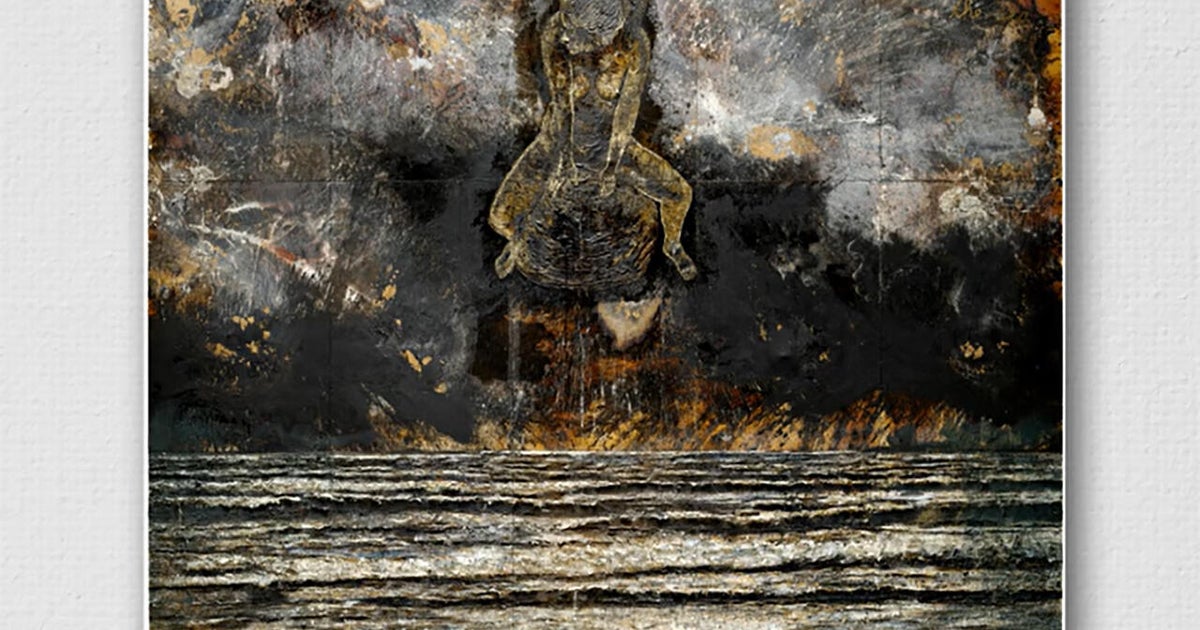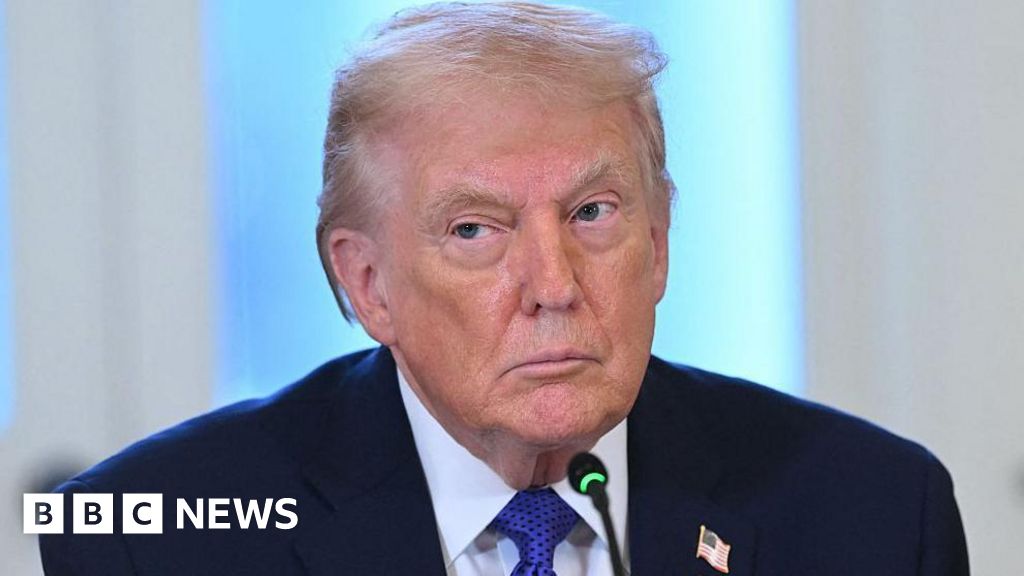Australia and Papua New Guinea are scrambling to avoid a diplomatic embarrassment by locking in a historic defence treaty before Prime Minister Anthony Albanese leaves the Pacific nation, after PNG’s cabinet was unable to sign off on the pact.
Albanese and other senior ministers were projecting confidence that the treaty would be signed, but difficulties in organising a quorum of PNG cabinet ministers during the nation’s 50th anniversary of independence celebrations may delay the inking of the pact until after Albanese ends his three-day visit to Port Moresby on Wednesday.

Anthony Albanese arrives in Port Moresby on Monday.Credit: AAP
A failure to sign the pact during the visit would represent another setback for Albanese after Vanuatu abruptly shelved plans to sign a security deal with Australia during his visit to the Melanesian nation last week.
As this masthead revealed last week, the treaty includes a clause committing the two nations to “act to meet the common danger” in the event of an attack on either country, putting the relationship on par with Australia’s military alliances with the United States and New Zealand.
The pact, to be known as the “Pukpuk Treaty” after the Pidgin word for “crocodile”, would also grant the Australian Defence Force unimpeded access to designated facilities in PNG and allow Papua New Guineans and Australians to serve in each other’s militaries.
Loading
“It was due to go to the PNG cabinet yesterday,” Albanese told ABC TV on Tuesday. “There’s celebrations going on everywhere, so they weren’t able to have a quorum ... But they’re going through that process and it has overwhelming support and it’ll be a very good thing.”
Albanese told reporters that “we will be able to advance the treaty tomorrow”.
“Prime Minister [James] Marape is dealing with his cabinet, trying to deal with that remotely, but we’ll work those issues through, and it’s understandable and we respect the sovereignty, of course, of PNG,” he said.
Senior government sources said they were confident the treaty would be signed, if not during Albanese’s PNG visit, then soon after.
Albanese said the idea that Australia would just “sit back and watch” if PNG was under attack “ignores the history … between our two great nations”.

Anthony Albanese and Papua New Guinea Prime Minister James Marape on the Kokoda Track last year.Credit: nna\daniel.jeffrey
Pacific Minister Pat Conroy, who is also in PNG, told ABC radio he was confident the treaty would be signed.
“This is an important affair and we’ll get to it tomorrow,” he said.
Oliver Nobetau, project director of the Lowy Institute’s Australia-PNG network, said that as PNG politicians were based throughout the country, it was possible logistical problems would delay the signing of the treaty until after Albanese departs PNG.
“Albanese will attract a lot of criticism if two Pacific agreements fall through in seven days,” he said. “He’s under pressure.”
Nobetau added: “The PNG government should really have organised this beforehand, but I think the agreement is too important to fall through. It has bipartisan support in PNG.”
Mihai Sora, the Lowy Institute’s Pacific director, said prime minister Marape would see it as a failure if he did not get the treaty through the cabinet during Albanese’s visit.
“This is the pinnacle governments of both sides are reaching for,” he said. “If they miss it now, who knows when it will come up again?”
Joanne Wallis, a professor of international security at the University of Adelaide, said she was concerned the treaty’s mutual defence clause could pull Australia into a conflict over the PNG province of Bougainville, which has committed to becoming an independent nation by 2027.
She also pointed out that PNG has defence units posted on its border with Indonesia, raising the question of how Australia would respond if a conflict broke out between PNG and Indonesia.
Loading
She added: “The ‘China card’ shouldn’t be a blank cheque that excuses the government from making the case for the PNG treaty (or the Nauru or Tuvalu treaties) to the Australian people, particularly to justify the potential costs. No one in government or elsewhere has provided a clear account of how realistic it is that the Chinese could build a military base in the Pacific.”
In wording similar to the ANZUS Treaty Australia signed with the US and New Zealand in 1951, article four of the draft agreement between Australia and PNG states: “In the event of a security related development that threatens the sovereignty, peace or stability of either party, the parties shall consult at the request of either party and consider whether any measures should be taken in relation to the threat.”
The treaty goes on to say: “Each party recognises that an armed attack on either of the parties within the Pacific would be dangerous to each other’s peace and security and the security of the Pacific, and declares that it would act to meet the common danger, in accordance with its constitutional processes.”
Cut through the noise of federal politics with news, views and expert analysis. Subscribers can sign up to our weekly Inside Politics newsletter.
Most Viewed in Politics
Loading

